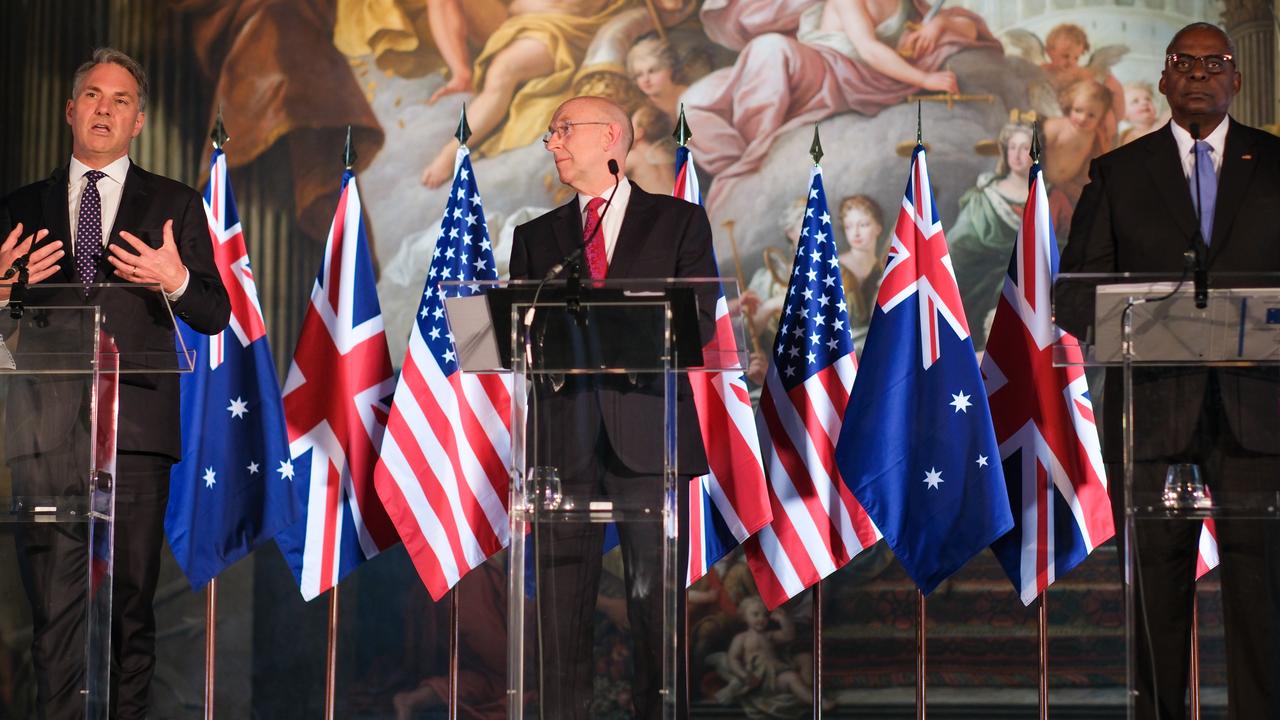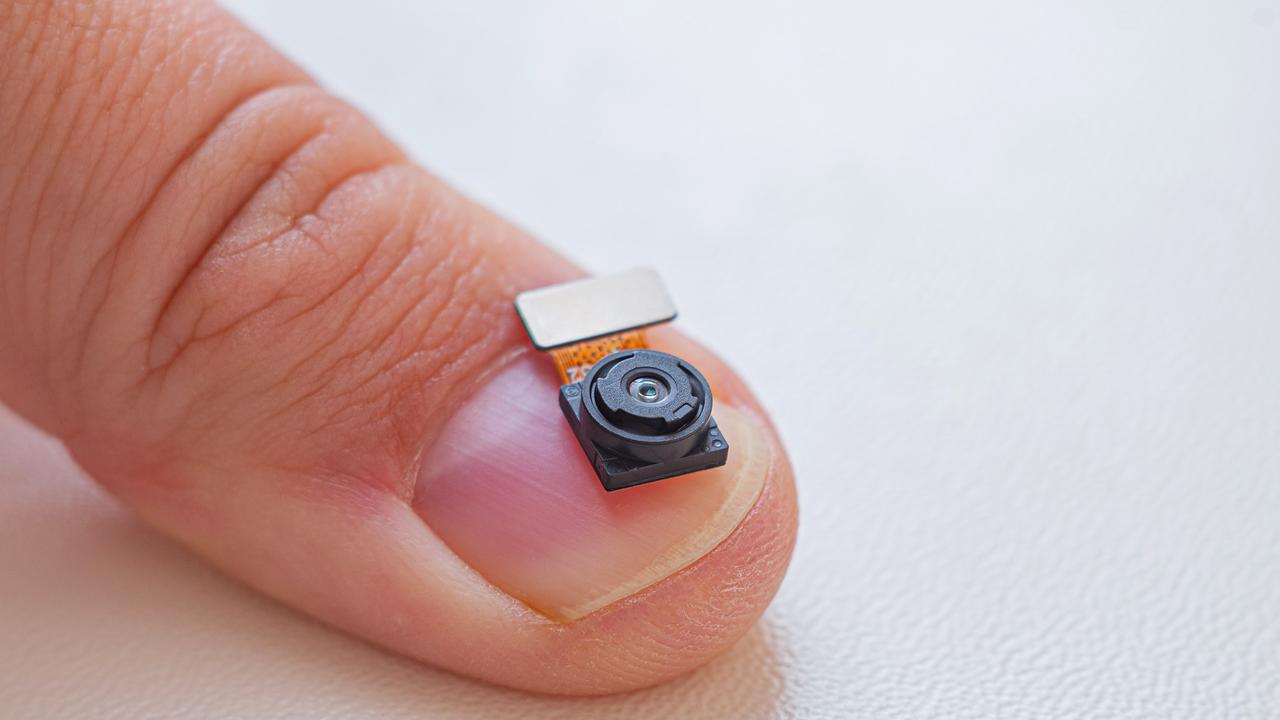Richard Marles pledges Ukraine backing on principle and with 3D printers
Richard Marles will pledge fresh military support for Ukraine at this week’s NATO summit in Washington in a package that’s expected to include Australian-made 3D printers.
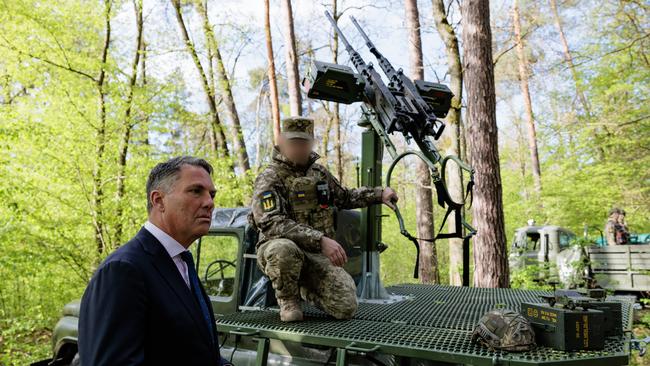
Richard Marles will pledge fresh military support for Ukraine at this week’s NATO summit in Washington in a package that’s expected to include Australian-made 3D printers that can rapidly produce spare parts for weapons and military vehicles.
The Deputy Prime Minister will meet Ukrainian President Volodymyr Zelensky on the sidelines of the conference, together with Japanese Prime Minister Fumio Kishida, South Korean President Yoon Suk Yeol, and New Zealand Prime Minister Christopher Luxon.
While the war in Ukraine is set to dominate the summit, NATO’s so-called “Indo-Pacific Four” partners are keen to forge closer links with the Europe-focused alliance to push back against Chinese threats.
The final make-up of the new support package is yet to be confirmed, but is tipped to include three high-speed, containerised 3D printers that can rapidly produce parts in six different metals.
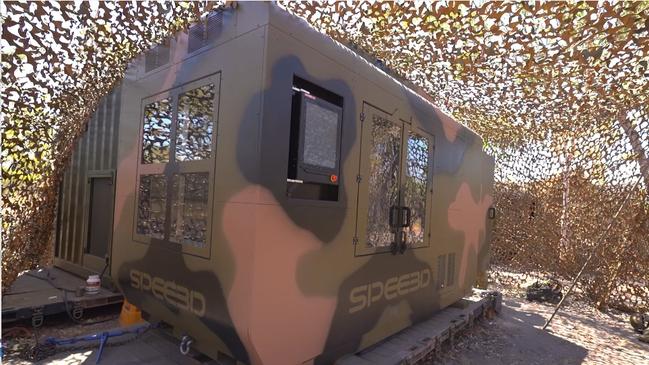
Ukraine already has 10 of the printers, developed by the Melbourne-based company SPEE3D, including three previously donated by the Australian government. Ukraine is also desperate for more air defence systems and munitions. The fresh support follows a Russian missile attack on a Kyiv children’s hospital on Monday that killed 37 people, including three children, and injured more than 140.
Anthony Albanese has condemned the attack as being “abhorrent”, and pledged ongoing Australian assistance for Ukraine “because their struggle is very relevant for the whole world as we go forward”.
“They’re standing up for the international rule of law, which is absolutely vital,” the Prime Minister said.
Mr Marles is attending NATO’s 75th anniversary conference after Mr Albanese opted to stay home amid poor opinion polls and the defection of Labor senator Fatima Payman to the crossbench.
The Prime Minister – who attended the last two NATO conferences – last week defended his decision to skip the event, arguing “we aren’t members of NATO”.
Mr Marles, in a press conference after arriving in Washington on Tuesday, said Australia needed to be represented at the conference because “the world is a much more connected place”.
“What we’re seeing with the war in Ukraine is a conflict which has relevance for us in the Indo-Pacific,” he said. “It’s why we deeply value our partnership with NATO as part of the Indo-Pacific forum and it’s obviously significant that Japan, Korea and New Zealand are here as part of that.
“I think we obviously want to understand how the war in Ukraine is being prosecuted, how we can support, what implications that has for our region; we also want to look at ways in which we can co-operate with NATO more.”
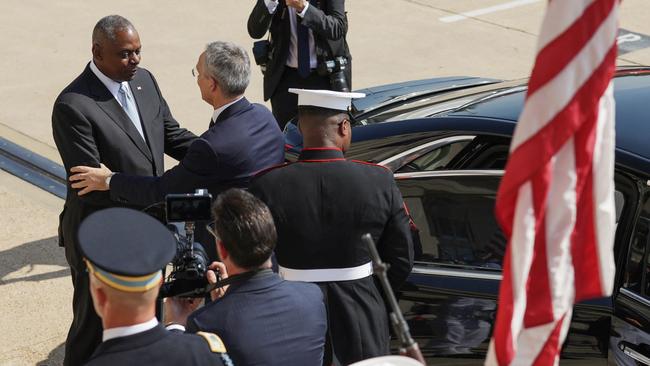
Writing in The Australian, opposition foreign affairs spokesman Simon Birmingham said the Prime Minister’s decision to stay home was shortsighted, and he should have attended to personally argue for closer ties with the alliance.
He said Australia’s partnership with NATO now packed “regional punch”, thanks to the IP4 regional bloc. “Rather than considering limited participation in the current structure of NATO meetings to be unworthy of his attendance, Anthony Albanese should have turned up with a plan to secure real value for Australia long into the future,” he said.
“Australia should be seeking to formalise the relationship between NATO and the IP4 to embed our seats at the table, including through possible treaty level undertakings … we should be striving to take areas like technology co-operation and joint military operations to new levels of collaboration.”
Ukraine’s ambassador to Australia, Vasyl Myroshnychenko, said the children’s hospital attack was “probably the most horrible we have seen so far” in the war.
“You think Russia can’t go any lower and then they do,” Mr Myroshnychenko said.
He said he believed the hospital was deliberately targeted, and the missile strike underscored Ukraine’s need for more air defence batteries since Russia invaded the country.
Australia has so far provided more than $1bn in support to Ukraine since Russia invasion began more than two years ago, including $880m in military assistance. The most recent support, announced in April, included $50m for short range air defence systems, and $30m of drones.
SPEE3D said Australia’s last donation of its 3D printers had enabled Ukrainian soldiers to rapidly fabricate critical parts for military equipment, overcoming long supply chain delays.
NATO updated its position on China at its Madrid summit two years ago, saying the country presented a strategic “challenge” to the alliance’s “interests, security and values”. In Vilnius last year, NATO members called out China’s “cyber, space, hybrid and other asymmetric threats” and its “malicious use of emerging and disruptive technologies”.
Read related topics:Russia And Ukraine Conflict


